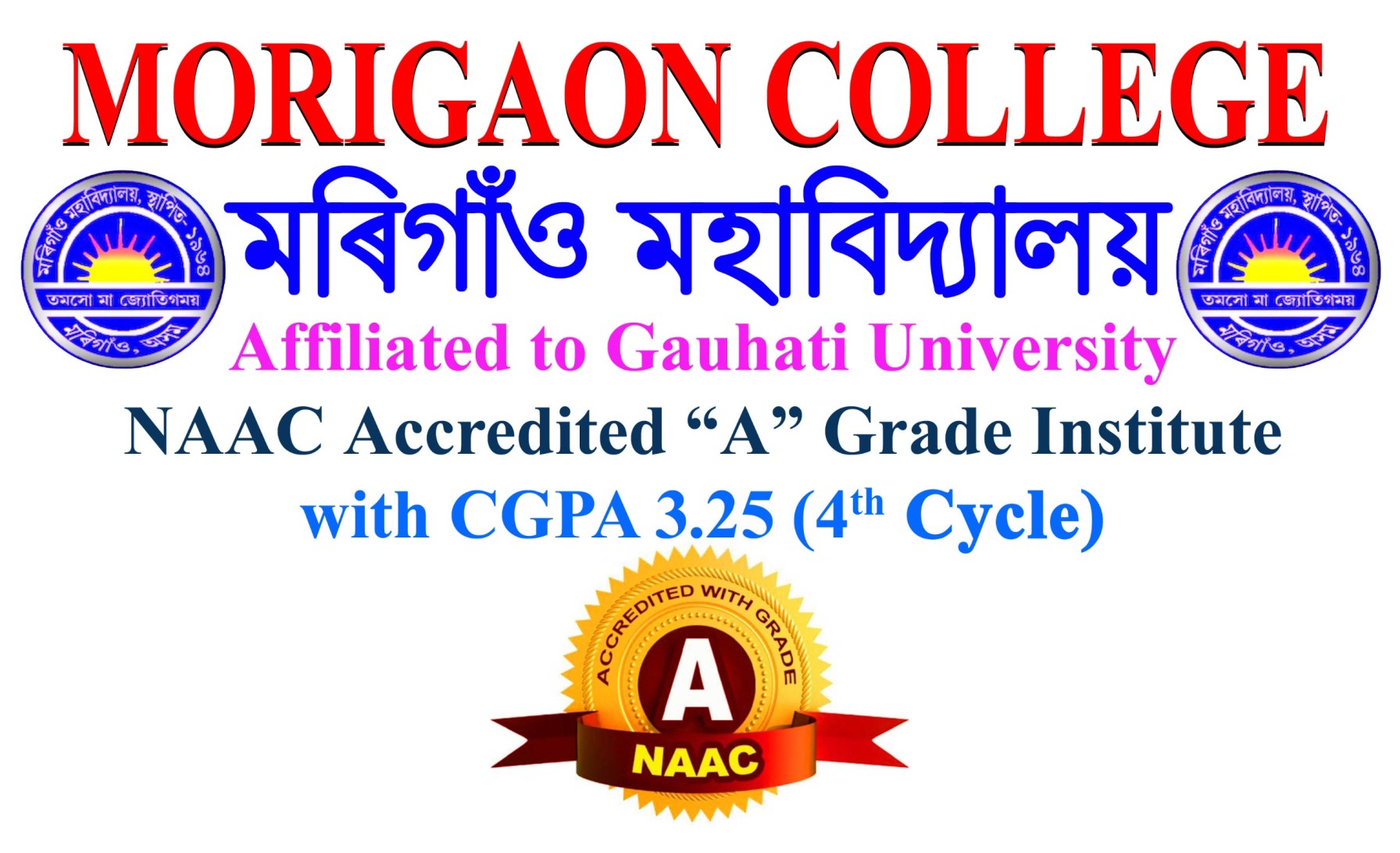Structure of UGCBCS programmes
The term undergraduate degree programme denotes programmes like B.A., B.Sc., B.Com., B.Voc., BCA, BBA and all other such Programmes where the requirement for award of a degree is the successful progression of the student through six semesters of academic work. The academic work in each semester will require the student to engage with chosen courses, the content of which will be described in detail in the syllabi. Every course will have defined learning objectives and may be designed to comprise lectures, tutorials, laboratory work, field work, project work or any other activity that addresses the learning objectives of the course. Each course will have credits, assigned on the basis of course related activities, which a student will earn through satisfactory fulfillment of the academic requirement of the course. An undergraduate degree program with Honours in a discipline will have a course credit requirement of 148 credits while an undergraduate degree program without Honours will require a student to earn 132 course credits. Students in a Honours program can opt to earn additional credits by undertaking additional Elective course subject to the condition that the total number of course credits does not exceed 160 credits. For a student in a Regular program, this credit ceiling will be 140 credits. The credits earned beyond the mandatory program requirement will not be taken into consideration in computing of the student’s grade but will be recorded in the grade sheet.
Note: Wherever the university requires that an applicant for a particular M.A./M.Sc./Technical/ Professional course should have studied a specific discipline at the undergraduate level, then obtaining 24 credits in the concerned discipline at the undergraduate level may be deemed sufficient to satisfy such a requirement for admission to the M.A./M.Sc./Technical/Professional course.
The medium of instruction and examination will be in English and/ or Assamese, except in language courses. NATURE AND NOMENCLATURE OF COURSES: In line with the UGC’s guidelines, the courses are categorized as Core course, Elective courses or Ability Enhancement courses
Core Course : A Core course is a course that has to be compulsorily studied. A student in an undergraduate degree programme with Honours will have to take up 14 core courses, each of 6 credits. In a Regular undergraduate degree programme a student will need to take up 12 core courses, each again of 6 credits.
Elective Course: An Elective course is to be chosen by the student from a pool of such course on offer and will essentially be of three types: 3.2.1 Discipline Specific Elective Course: An Elective Course which is offered by the main discipline. The discipline offering a Discipline Specific Elective course may also offer discipline related elective courses that are interdisciplinary in nature. A student enrolled in an undergraduate degree program with Honours will have to earn 24 course credits from Discipline Specific Elective courses. For a student enrolled in a non-Honours undergraduate degree program in science, the course credit requirement from Discipline Specified Elective course will be 36 credits. For a student enrolled in a non Honours undergraduate degree program in Arts and Commerce, the course credit requirement from Discipline Specific Elective course will be 24 credits.
Generic Elective Course: A Generic Elective Course is offered by an unrelated discipline and has the objective of broadening the academic experience of a student. A student enrolled in an undergraduate degree program with Honours can acquire 24 course credits from Generic Elective Courses. A Core Course offered in a discipline may be allowed as an Elective to a student from another discipline. This course will be treated under the category of Generic Elective Course. Generic Elective Course are not available to students in a non-Honours undergraduate science degree program while other non- Honours undergraduate programmes require enrollees to take up two such courses.
Dissertation/ Project: Engaging students in a Project/Dissertation work,which requires knowledge application and problem solving, is considered to be important in the learning process. All students enrolled in an undergraduate degree program (honours and non-Honours) will have the option of choosing to undertake Project/Dissertation work for 6 credits in lieu of a 6 credits Discipline Specific Elective course in the fifth semester only.
Ability Enhancement Course: Ability Enhancement Course which are to be taken up by students in an undergraduate degree program will be of two types:
Ability Enhancement Compulsory Course: These 4 credit course are mandatory for every student enrolled in an undergraduate degree program. A student will have to take up 4 credit course in Environmental Science and a second 4 credit course in English communication/MIL Communication.
Skill Enhancement Courses: Skill Enhancement Courses will be value based or skill based and there will be a pool of courses on offer. A student enrolled in an undergraduate degree program with Honours will have to take up a minimum of two SEC courses of 4 credits each as part of the program requirement. For students enrolled in non Honours undergraduate degree programs the credit requirement from Skill Enhancement Courses will be 16 credits. It is desirable that the university will prepare for various disciplines from the list of SEC provided by the UGC template. However colleges are free to develop their own SECs independently which must have prior approval of the Academic Council.Skill Enhancement Courses: Skill Enhancement Courses will be value based or skill based and there will be a pool of courses on offer. A student enrolled in an undergraduate degree program with Honours will have to take up a minimum of two SEC courses of 4 credits each as part of the program requirement. For students enrolled in non Honours undergraduate degree programs the credit requirement from Skill Enhancement Courses will be 16 credits. It is desirable that the university will prepare for various disciplines from the list of SEC provided by the UGC template. However colleges are free to develop their own SECs independently which must have prior approval of the Academic Council.
